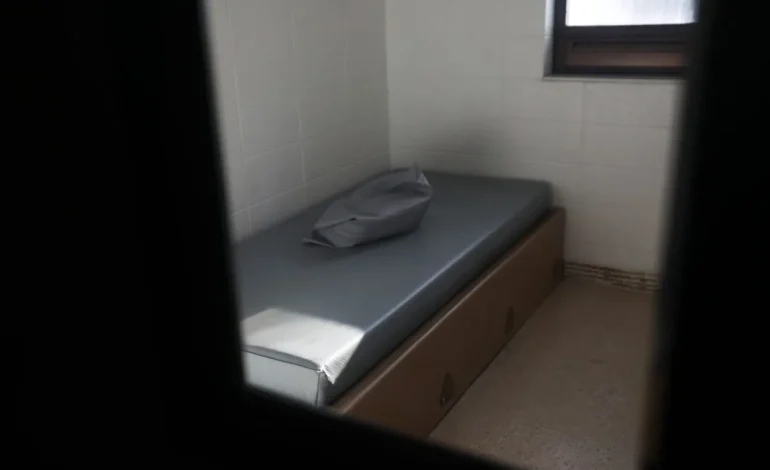Wyoming continues to lead the nation in juvenile incarceration rates, a troubling trend that has persisted for decades, Oil City News reports.
Despite ongoing efforts to address this issue, a key legislative measure designed to improve data sharing and shed light on the causes and impacts of juvenile justice practices failed in the House Judiciary Committee last week. The lack of debate over the bill has drawn attention to the challenges Wyoming faces in reforming its juvenile justice system.
Wyoming incarcerates juvenile offenders at more than three times the national average, according to 2021 data from the US Department of Justice. Most offenses leading to incarceration are non-violent, with 13% stemming from technical violations like failing a drug test or underperforming in school. Research has shown that incarceration often results in poor outcomes for young people, including higher rates of mental health struggles and academic setbacks, without significantly improving public safety.
Neighboring states, such as South Dakota, have successfully reduced juvenile incarceration rates by investing in community-based programs that address root causes of delinquency. Wyoming, however, has yet to implement similar systemic reforms.
House Bill 48 aimed to strengthen data sharing among Wyoming state agencies, including the Department of Family Services (DFS), the Department of Health, and the court system. By creating a comprehensive Juvenile Justice Information System, the bill sought to address gaps in understanding how juveniles enter the justice system and whether interventions like incarceration are effective.
The proposed changes also aimed to enhance the evaluation of state programs, facilitate cross-agency referrals, and improve outcomes for vulnerable youth and their families. The bill included safeguards to balance the need for information sharing with privacy protections, requiring public and legislative oversight for any rules changes.
Despite its potential benefits, the bill died on a 5-4 vote in the House Judiciary Committee, with all opposing votes coming from freshman lawmakers aligned with the Wyoming Freedom Caucus. Privacy concerns were briefly cited by some lawmakers, although Rep. Lloyd Larsen, who helped craft the measure, emphasized that the bill had undergone extensive review and included strong confidentiality protections.
“We didn’t just come up with this on a Saturday night while we were eating popcorn,” Larsen said.
He pointed to the two years of work by the Joint Judiciary Interim Committee and the Mental Health and Vulnerable Adult Task Force that preceded the bill.
One of the biggest hurdles in Wyoming’s juvenile justice reform is the lack of a unified statewide system. Counties have discretion over how they handle juvenile cases, with some relying on juvenile courts and others using diversion programs or probation. This decentralized approach has resulted in inconsistent practices and a lack of reliable data to inform policymaking.
For decades, Wyoming has struggled to track key metrics, such as recidivism rates or how often juvenile offenders reoffend as adults. The DFS and other agencies have expressed frustration over the limits imposed by outdated privacy statutes, which were enacted in the 1970s and do not account for modern data-sharing needs.
Juvenile incarceration is one of the largest expenditures for the DFS, but Wyoming has little information on whether that money is achieving its intended outcomes. Studies show that community-based programs are not only more effective but also less expensive than incarceration. Without reliable data, however, lawmakers face difficulty justifying changes to current practices or evaluating the effectiveness of existing programs.
Although House Bill 48 failed, supporters like Larsen remain optimistic that similar legislation could be introduced later this session. Lawmakers have until January 29 to propose new bills in the Senate and February 3 in the House. Advocates for reform argue that Wyoming cannot afford to ignore the issue, given the social and fiscal costs of maintaining the status quo.










The latest news in your social feeds
Subscribe to our social media platforms to stay tuned